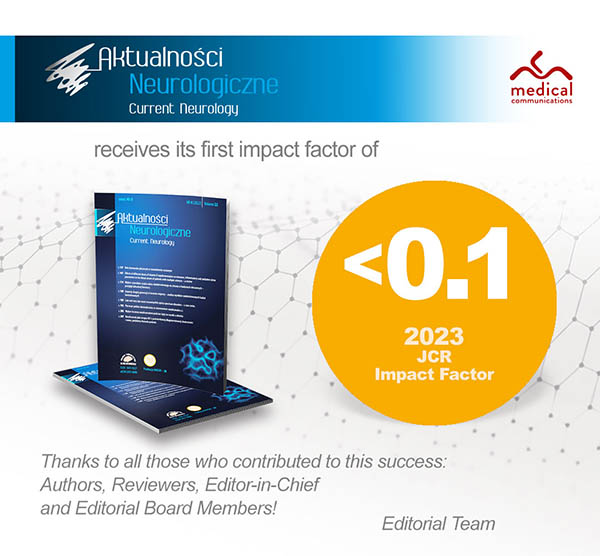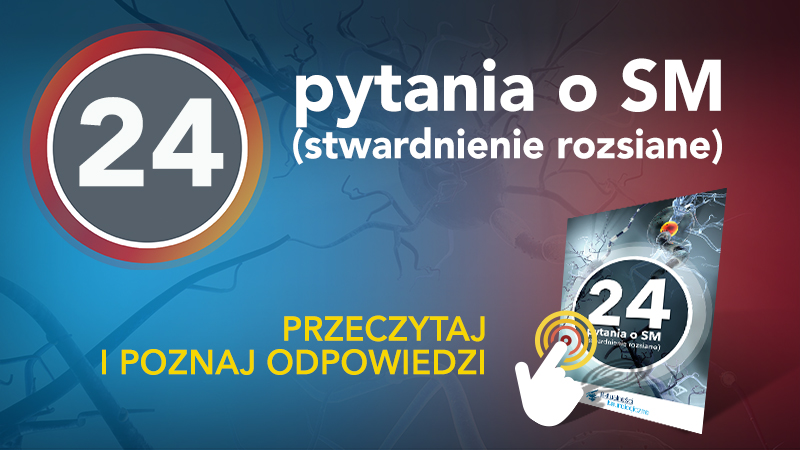Active and passive immunization strategies as treatments of Alzheimer’s disease
Tomasz Sobów
 Affiliation and address for correspondence
Affiliation and address for correspondenceCurrently available pharmacotherapeutics (cholinesterase inhibitors and memantin) for Alzheimer’s disease (AD) exert mainly symptomatic effect and doubtful, if any, disease-modifying activities. Strategies of active and passive immunization were very successful in the last 10 years, mainly, however, with the use of experimental animal models of the disease. More recently, several human trials have been undertaken with mixed results obtained. Some support was found for the idea that immunotherapy may influence natural disease history, at least at the level of neuropathology and biomarkers and, to the less extend, neuroimaging findings and cognition. The paper presents recent developments in the use of immunotherapy of AD both with animal models as well as human clinical trials. An attempt is also made to elucidate possible mechanisms of action of this novel treatment approach. Particularly, the difficulties in translating results obtained in animal studies into clinical trials in humans has been underlined and discussed. The results of the very first human trial with the use of AN-1792 vaccination are critically discussed with special reference to the possible mechanisms of the observed severe complications of this treatment modality (brain inflammation). currently, several other studies with active immunization are on the way, in which novel technologies diminishing the risk of brain inflammation were used. Finally, article presents several clinical trials with the use of passive immunization strategies, showing the advantages of this approach, particularly in the context of tolerability.








